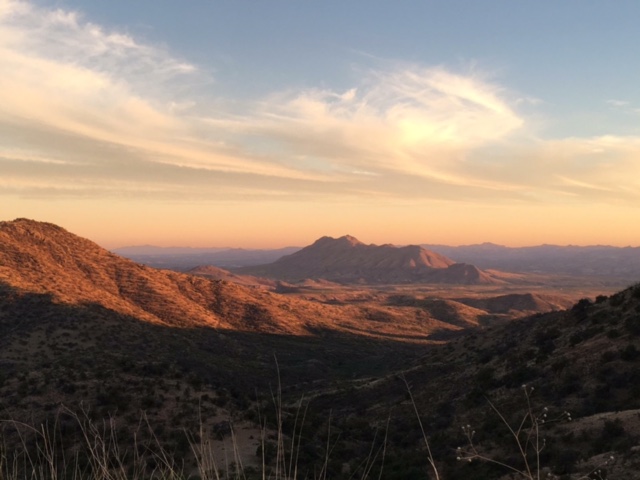Never traveled internationally before, but deeply want to?
I get it, international travel can be intimidating for folks that have never been out of the country before. I am here to help!
This blog is a list of tips that I have accrued over several decades of traveling internationally. It is by no means all encompassing, but these tips really can help. Ultimately, my hope is that by leveraging these tips it will help anyone that is on the fence about traveling to go forth and live their dreams.
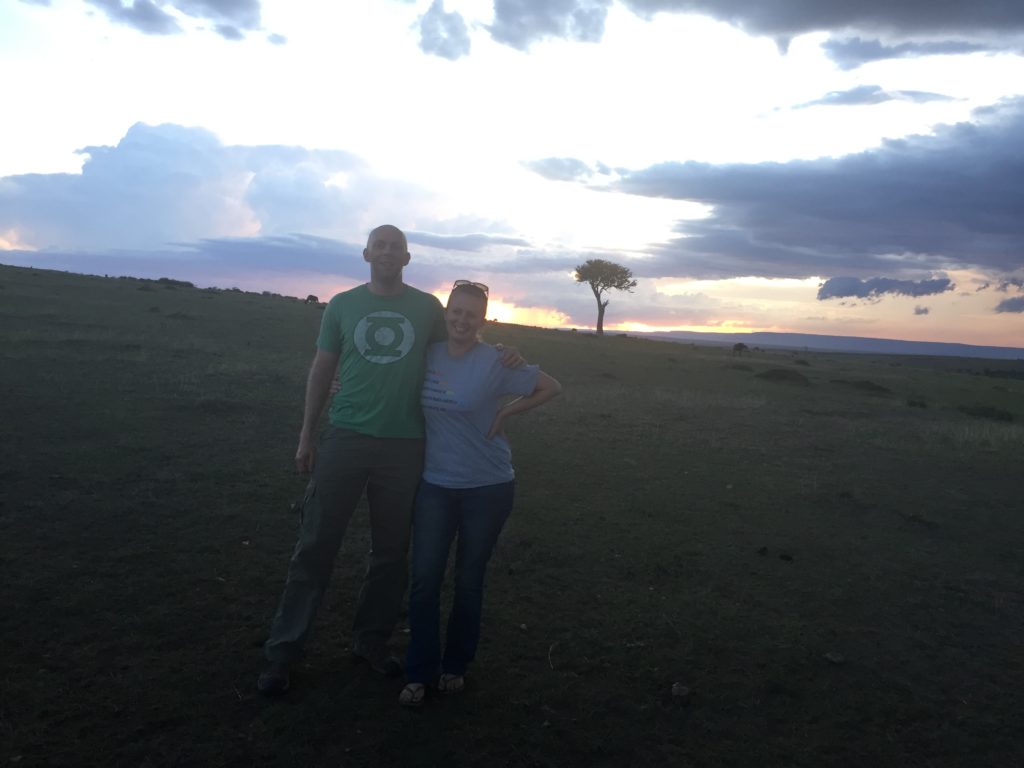
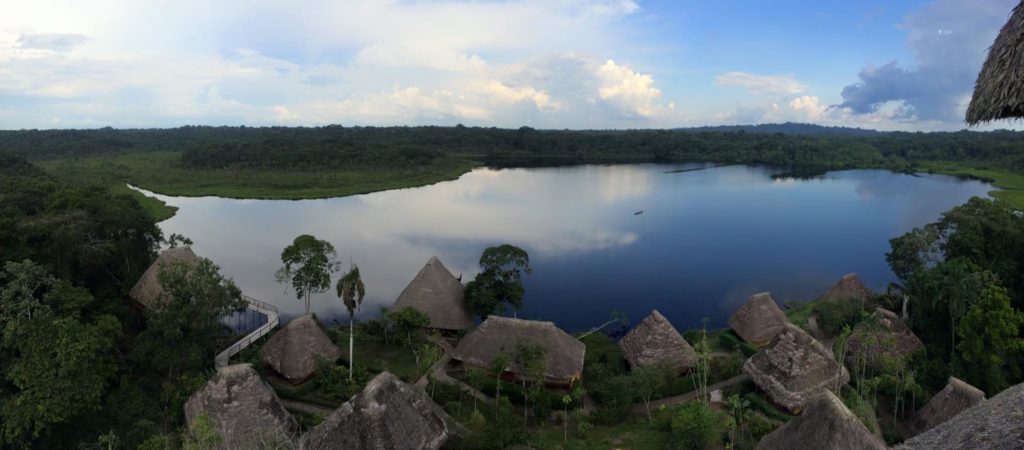
[adinserter name=”Block 1″]
Tip 1: Figure Out Where You Want To Go
Sounds easy, right? Make a list of your top 10 destinations, rank them in terms of bucket-list importance, and go! Fodor’s and Lonely Planet are great online resources for researching destinations. Blogs (The Expert Vagabond) and social media (Sarah Kohan) can also provide some great ideas.
A warning about Sarah Kohan’s Instagram: she is in a bikini in just about every picture. Just saying in case you pull up her IG at work and her perfectly symmetrical bottom is suddenly prime-time on your computer screen.
Life-Goal Suggestion: start working on your top 3 priorities now. Life is short, things happen, and you never know if something will pop up in your life that will hamper your future travel plans. There is no time like the present to start conquering the priority life-goals on your bucket-list!
If you need something visual to help with your travel planning and prioritization then use a vision board. You can find them online for free, but here is a quality tangible vision board.
Tip 2: Budgeting
International travel can vary in costs depending on where you are going and what you want to do. There are plenty of online resources to help with your travel budgeting if you need them. Budget Your Travel has info on travel costs, budget tracking, etc. Personally, I use an old fashioned spreadsheet to forecast my travel budget.
Tip 3: Passport
Do you have a passport? If not then you aren’t going anywhere.
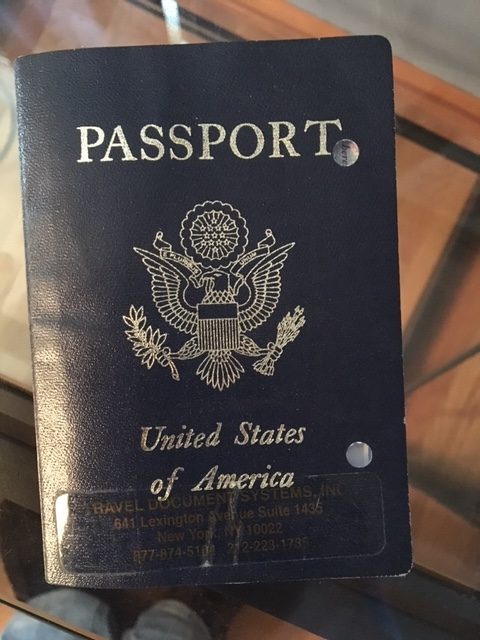
Getting a passport can take quite a bit of time as government bureaucracies are not known for being expedient. If you are thinking about taking a trip then you might want to get your passport in hand before you start planning anything just in case there are bureaucratic delays.
Here are the links to apply for a passport if you are a citizen of the USA, Britain, Canada, India, or Australia.
Note To Existing Passport Holders: check the expiration date on your current passport. If you have 6 months or less until it expires then you better go through the renewal process now. Many countries will deny you entry if you have 6 months or less until your passport expires.
Travel Tip: bring a color copy of your passport with you on your trip and store it separately from your actual passport. You never know what can happen while you are traveling that can separate you from your passport. Having a color copy on hand will be extremely helpful should you lose your actual passport.
Tip 4: Visas
Does your destination require a visa?
You definitely want to find out if there are any visa requirements before you book your travel. Visas can often take considerable time to attain depending on where you are going. Generally, when applying for a visa you will have to send in your passport to the destination country’s local embassy. There, they will put the visa directly into your passport and then ship it back to you.
If you have an American passport here is a good resource for countries that require you to have a visa.

[adinserter name=”Block 2″]
Tip 5: Vaccines
Sorry, anti-vaxxers, but sovereign states are pretty inflexible on the topic of vaccines.
Many foreign countries request that you provide your vaccination documentation upon arrival (proof of yellow fever vaccine is common). Proof of vaccines is often requested while doing the immigration process at the airport. You probably don’t want to find out what happens if you don’t have the proper vaccine documentation.
You will need to do your homework on what vaccines and other medicines you will need before you depart. The CDC’s website will list your destination country’s health requirements.

A note about vaccines: some vaccines occur over multiple stages and those stages have to be spaced several months apart (like hepatitis B, which is a common vaccine recommended for travel to many countries). You will need to move on those vaccines far in advance of your trip.
A note about malaria: malaria is alive and well in many tropical countries. Defending against malaria is done via prescription pill and not a vaccine. is effective, but has limitations on how much sunlight you can get while on it. Malarone is another good one that allows you to be in the sun, but features intense vivid dreams as a side effect.
Tip 6: Tour Operators/Travel Companies
I find tour operators to be an excellent resource that allows me to accomplish everything that I desire on my adventures – they are great at orchestrating flights, arranging transportation, mitigating language barriers, arranging accommodations, and can help out with details that you otherwise wouldn’t know. Finding a good tour operator can make a good trip a great trip.
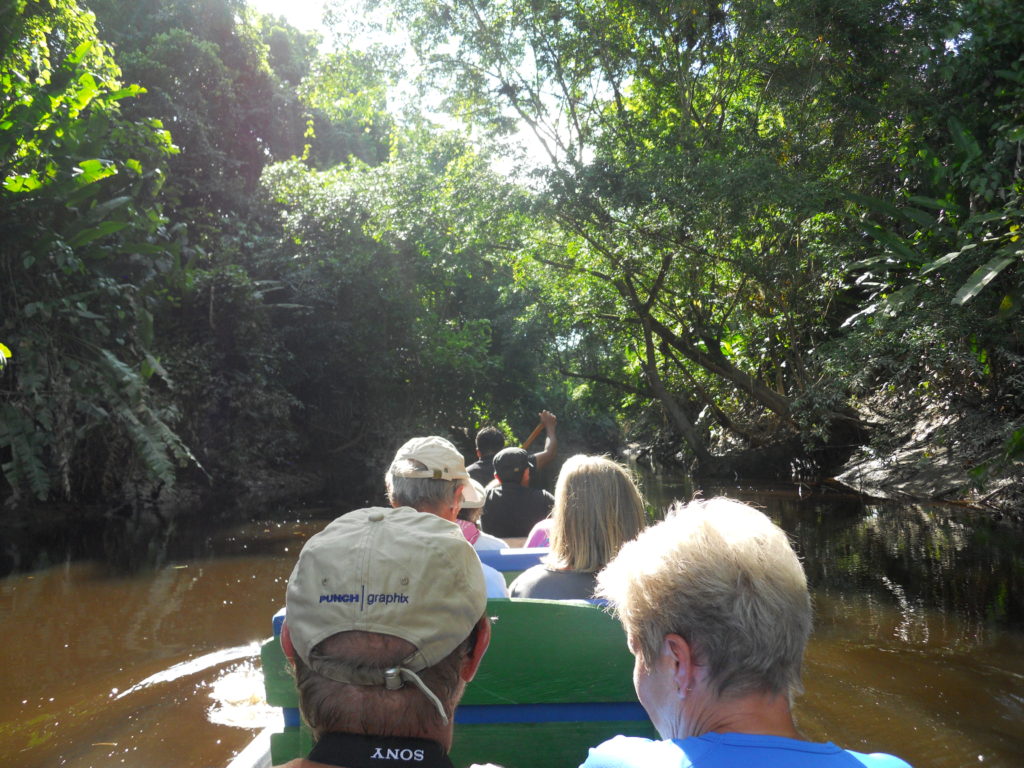
Life Goal Suggestion: do serious online research on tour operators before you book anything with them. If you are going to trust your life-goals, and your safety, to an unknown organization then it is extremely wise to find out as much as you can about them before you transact business.
Get on Trip Advisor and read their reviews, read comments on their social media pages, and judge them by how professionally they operate (do they email back promptly, do they call when they say that they are going to call, do they give you a good vibe?). I go into some detail about this process when I planned my African trip in my safari blog.
Tip 7: Language Barriers
Unless you have been studying your destination’s native tongue for years you simply will not have enough time to learn anything of conversational value. That has not stopped me from traveling all over the world!

Language Barrier Tips
- If you are staying at a fixed location, like a hotel, write the address down. If you need a ride back or get lost then you can show someone the address and they can point you to where you need to go. This is a great option for countries that have taxis. Simply show your taxi driver the address and they can take you back to your hotel.
- As above, if there is a destination that you would like to visit you can write down the name and address and then show it to a driver. Asking a bi-lingual person at your hotel to do this on your behalf is particularly useful if you are in a country that uses Cyrillic or Asian characters. This tip has served me well in Russia, Korea, and China.
- Many restaurants will have menus that include pictures of the meals. If you don’t know enough of the local language to order food then you can simply point to what you want to eat.
- If you can get Internet on your phone then you can always use Google translate to help bridge the language gap. Beware of international roaming charges! More on that later.
- Paying for things:
- Meals – if they bring you a check it should have the total written on it. If not, mime to the server that you need the number written down (good for ordering food in markets). Or, if you have a smart phone on you, have them type in the total in your calculator function.
- Getting the bill – in many countries you have to ask for the check after you have eaten. Otherwise, you will be sitting there all night. Making a check sign in the air is a good way to signal that you want the bill.
- Paying for items in a store – if the store has a cash register with a digital display then you can see the total of what you are being charged. If not, you are going to need to have them write down the total.
- Pay with big bills – if you are buying something and have absolutely no idea what the cost is then you can always hand the seller currency in larger denominations (not too large though). By paying with a big bill you are likely covering the cost of whatever you are buying.
I would be remiss to say that if you speak English then you have a massive advantage while traveling. English is the language of money so it is pretty common.
Tip 8: Money
Keep in mind that going to a foreign country will usually mean using your destination country’s currency (if you are an American there are some countries that use dollars). To find out what the exchange rate is in your destination country you can go to XE’s site.

If you have the opportunity to be proactive about exchanging your currency prior to your trip your local bank is a great option. Many branches will not carry exotic currency, but they can order it from the main office. Banks usually charge the best exchange rate.
International airports usually have a Travelex shop that can exchange your local money for international currencies including obscure ones. You might pay a little extra on the exchange rate, but the convenience cannot be beat.
While in your destination country, local ATMs can be used to get cash (select the appropriate language when you insert your card). Otherwise, local banks or even your hotel are potential options (exchanging currency at a hotel usually generates the worst exchange rate).
Credit card usage is pretty common globally, but expect to be dinged with an exchange rate fee when you use your credit card in another country. You will definitely want to give the card’s issuer a heads up that you are traveling internationally. If charges start to show up from somewhere unusual like a foreign country the issuer will often suspend the card.
Tip 9: International Flights
I have no way to mitigate the long flights that international travel requires other than to drug yourself. You can make yourself as comfortable as possible by utilizing neck pillows, ear plugs, eye masks, and headphones. Portable batteries are great for recharging smart phones and tablets that might drain during a long flight. Otherwise, best of luck!
[adinserter name=”Block 3″]
Tip 10: International Airports
International airports generally operate the same everywhere, but there are nuances for international travelers.
Immigration: upon arriving at your international destination you will depart the plane and head to immigration queuing lines for natives and non-natives (you would be non-native, of course). At the immigration checkpoint you will present your passport to the immigration officer and whatever supplemental documentation that is required (typically, supplemental documentation is given to you on the flight – traveling with a pen is wise so that you can complete the paperwork on the plane).
Customs: after you have cleared immigration and collected your checked luggage customs will be your last stop before you exit the airport. Customs involves handing the customs agents your customs form (a form that declares anything of note that you are bringing into the country like a huge amount of currency) and maybe answering a few questions. If you aren’t suspicious, like you have radioactive material on you, then you can expect to breeze on through.
Airport Transportation Tip: if you are going to a developing nation it is wise to have your transportation from the airport arranged ahead of time. Once, I flew to Panama at night only to find out that taxis aren’t a thing there. I had to pay some random guy at the airport to drive me to town in his car. Luckily, he only harvested one of my kidneys on the drive. Kidding!
Tip 11: Domestic Airports
If you are taking a domestic flight then be prepared for the local airport to have less English speaking personnel, a less grandiose airport, prop airplanes, and possibly dirt/grass runways. What domestic flights lack in sizzle they make up for in getting you to where you want to go quickly.
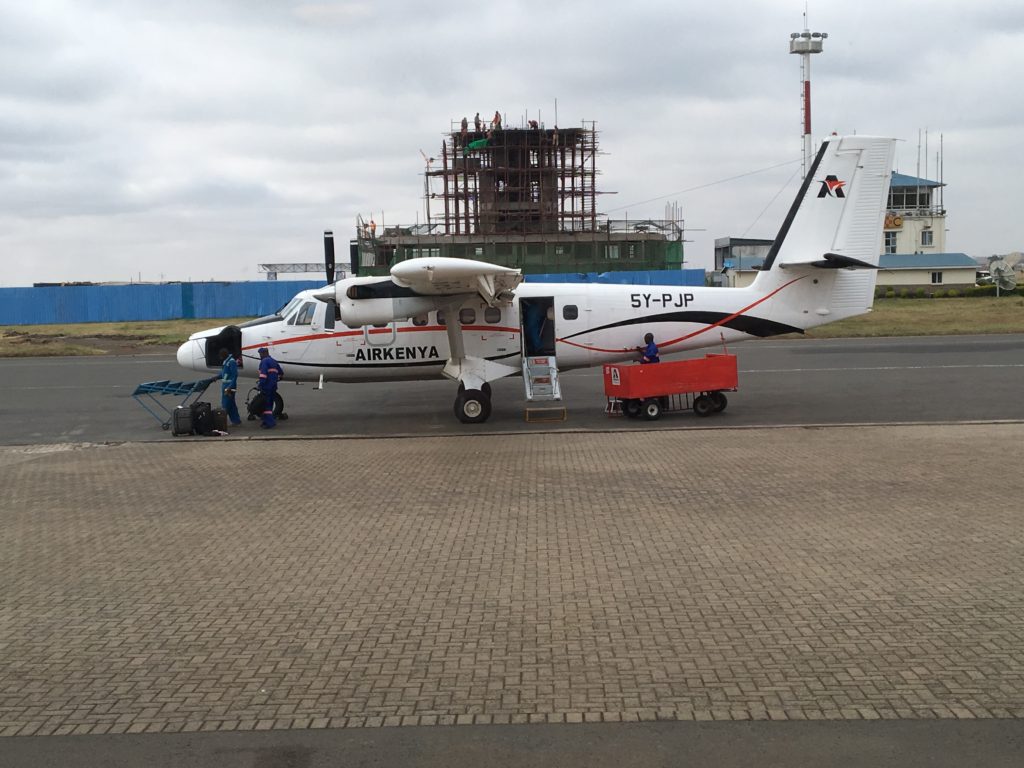
Travel Tip: As I said, if you are traveling to a truly remote location then you should be prepared for airports to have dirt landing-strips or even no landing-strips at all. The plane lands on soil or grass the same way as it does on concrete. Fear not as it all part of the adventure!
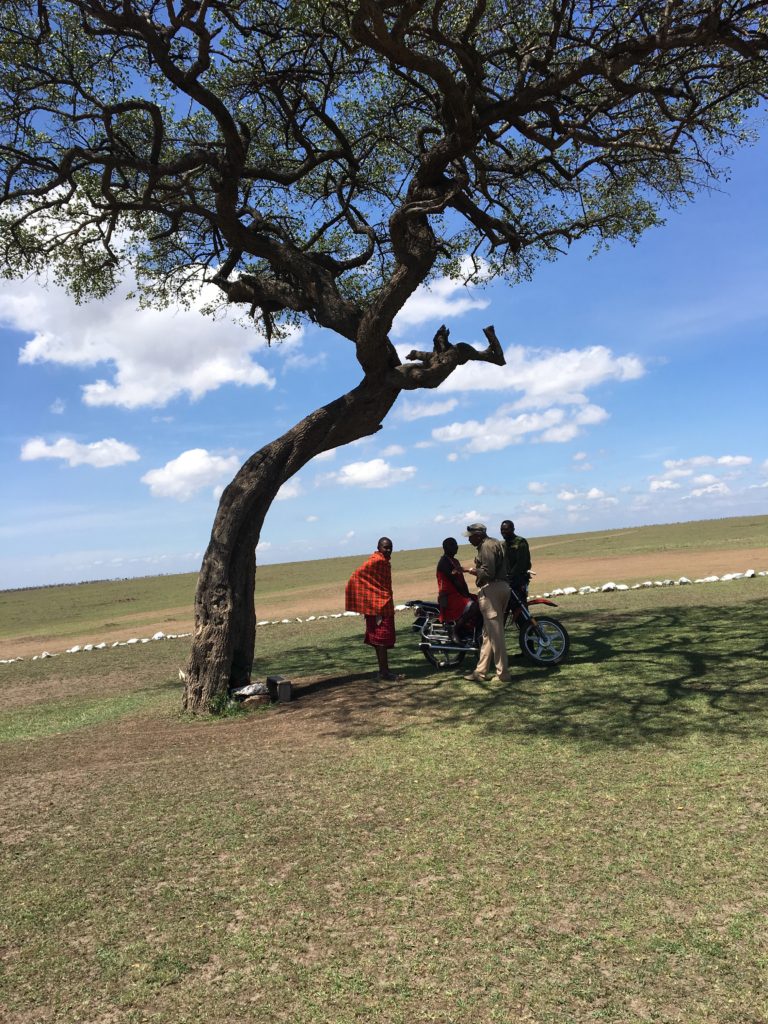
Tip 12: Getting Around
If you are traveling a great distance or are overwhelmed with the prospect of getting around then arranging for transportation (van or car) to take you around is very wise. Otherwise, you are on your own to navigate public transit, taxis, or even walking. Personally, I think getting around in cities by walking is the absolutely best way to really see a place. Just be smart about it.
If you are traveling to a developing nation and don’t speak the language then you could be in a for a real adventure as the transportation options might be limited. Take your logistics very seriously especially if you are adventuring or going to see wildlife (tour companies can help with this).
Travel Tip: not every city or even country has taxis in the traditional sense. I have been to several developing nations and “taxis” are really just regular folks with a car or motorcycle that will offer you a ride for a few dollars.
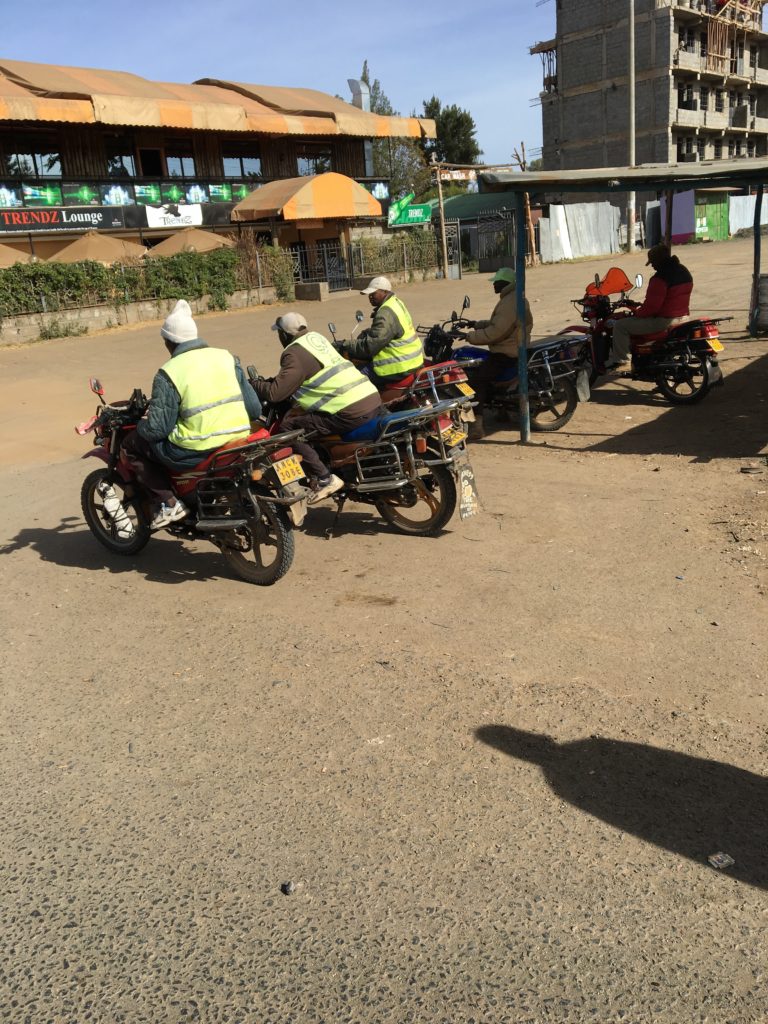
Tip 13: Be Secure With Your Money
If you look like a tourist then people might assume that you are flush with cash. Thus, you need to be smart about whipping out large amounts of money. It is wise to keep a few smaller bills at the ready in your pocket for paying for little things. That way, when you buy something you aren’t producing your entire bankroll for all of the world to see.
Keep the rest of your money separate (in a wallet, purse, your sock, your bra). A money belt is a nice safe option as well (great for storing passports).
Tip 14: Telecommunications
If you are bringing your mobile phone with you, your carrier likely has short-term international plans available. It would be wise to get a temporary international plan before you leave to keep costs down (many plans have options for calls, texts, and surfing).
Even with a temporary international plan you will want to shut off “data roaming” on your phone. If your phone is randomly pulling data while roaming in another country then you can expect a massive bill when you get home.
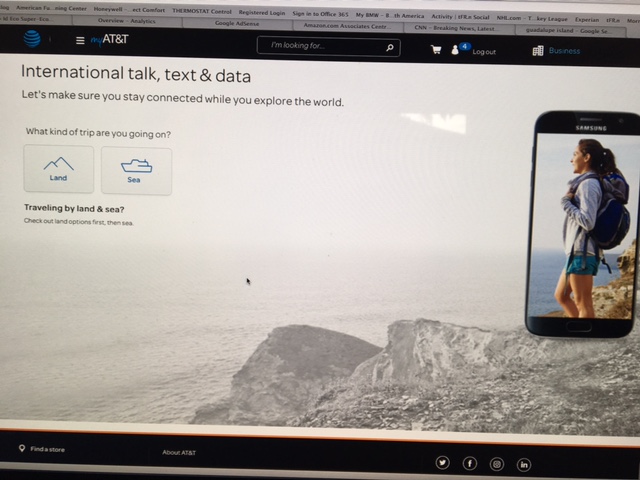
If your adventures are taking you off of the beaten path then you might experience little to no connectivity to the outside world – no cell coverage and sparse WIFI. I would advise to enjoy this time! Sometimes you don’t know how badly you need to unplug until you do. Trust me, the awfulness of the world, including this blog, will be waiting for you when you return.
Tip 15: Restrooms
In the rural parts of the Dominican Republic they don’t use toilet seats. In many parts of Asia there is just a hole in the ground. The point is that sometimes using a restroom in another country can be an adventure in and of itself. Bringing some hand sanitizer or travel wipes can be extremely helpful for when you really have to go.
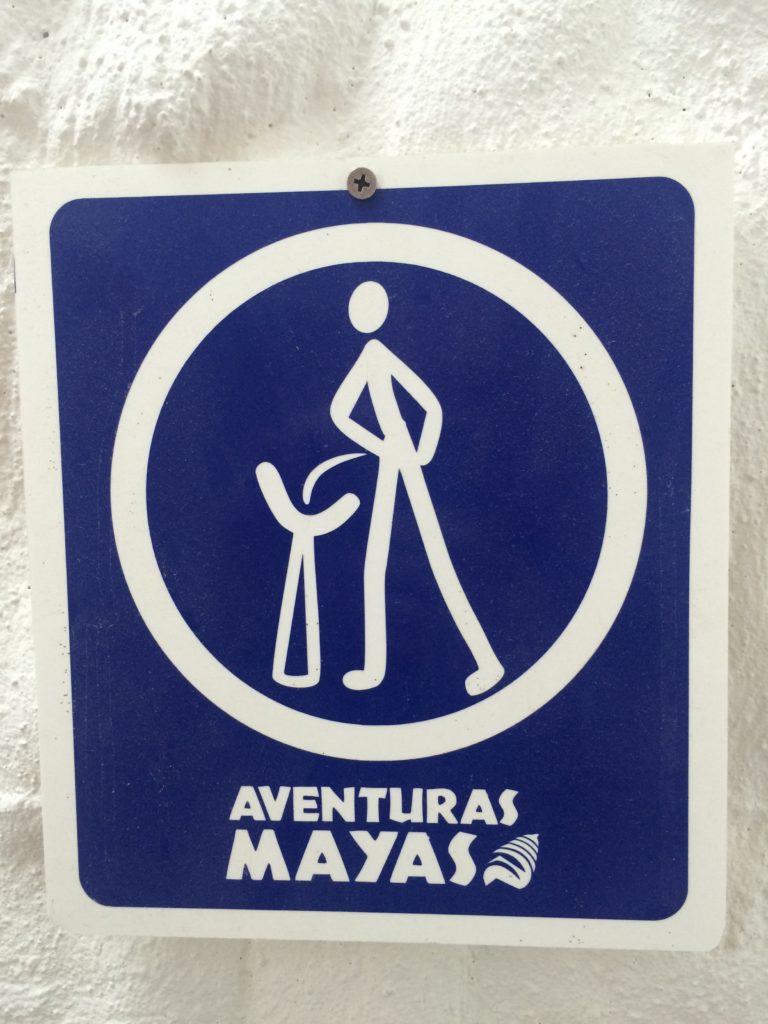
[adinserter name=”Block 4″]
Tip 16: Cultural Differences
Part of the great thing about traveling is seeing how other people live. You will experience different ways of doing things, new religions, different laws, exotic food, unfamiliar social attitudes, etc. Just be mindful that their ways are not yours so be respectful. This advice goes for locals that you will meet as well as for other people from your own country.
You might also see something on your travels that bothers you. Poverty, real poverty, is alive and well across the globe. First time travelers from western nations are often shocked about the abject poverty that they encounter. What you think might be wretched living conditions is someone’s home. Be wary about passing judgement.
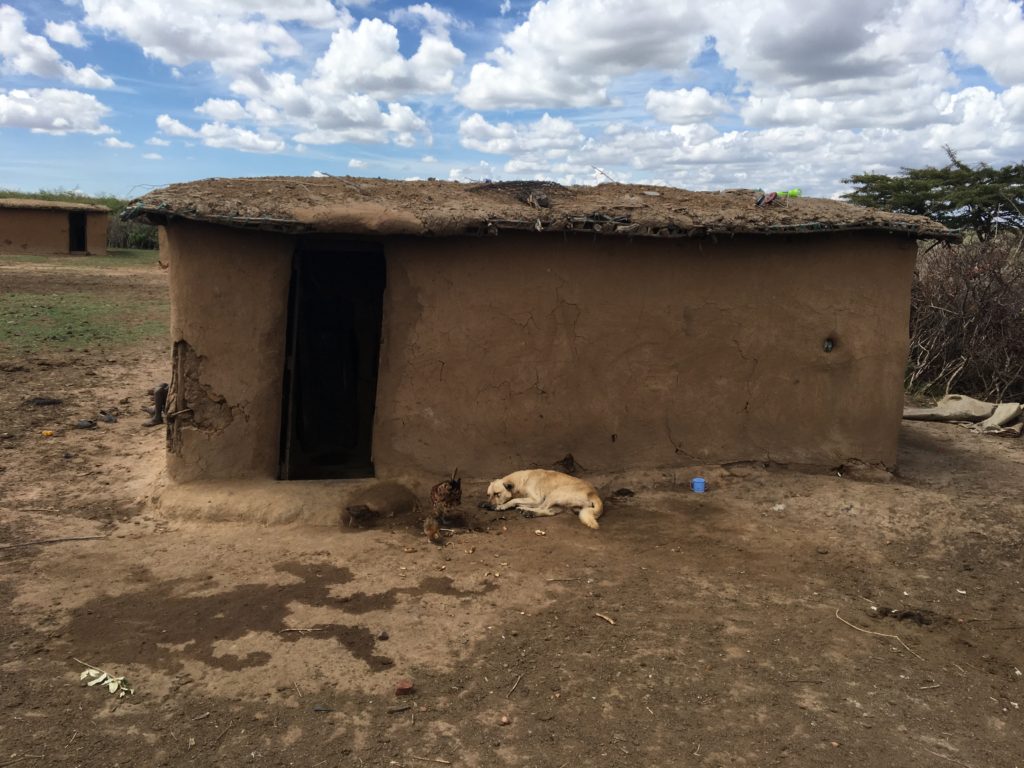
Women (polygamy and genital mutilation are real), animals (some people eat dogs), and children (any number of horrors happen to kids) are all treated very differently across the globe. You might see something on your travels that you fundamentally disagree with. Be cautious in how you respond to these situations. What you think is doing the right thing might cause serious problems for those that you are trying to help or for yourself.
Tip 17: Stay Healthy
Do not take any unnecessary risks! Seriously, do you want to be hospitalized in a foreign country? Worse, do you want a witch-doctor feeding you hallucinogenic toad juice to heal you (actually, that sounds fun)? Take your health very seriously while you travel.
- If you are changing time zones and jet lag is at play then do what you can to adjust to the local time ASAP. If you have a long flight to your destination then this is a good time to adjust yourself. I try to nap on the flight at what would be night time in my destination country. Thus, when I arrive I am already close to being synced up with their time.
- Keeping your boozing to a respectable level. Getting blackout drunk in a dark bar in a foreign country is a great way to get a kidney harvested.
- Avoid the hookers that you meet. Prostitution is legal in a lot of countries, but do you really want to take a flyer on that Haitian prostitute?
- Drugs are also legal in a lot of countries. Partake judiciously.
- Ask locals what areas are safe for tourists. Avoid the dangerous places.
- If there are warnings about drinking the tap water then do not do it! Even in the most remote parts of the world you can still get filtered or bottled water.
- Stay hydrated. I have seen an entire crew of people in the Amazon get dehydrated to the point of being man-down. They lost an entire day of their trip just to re-hydrate.
- Do not interact with any wildlife that you encounter. Interacting with wildlife, even feeding them, is a no-go. Look, but don’t try to snuggle exotic beasts.
- Bring anti-diarrhea medication just to be safe.
- Be mindful of altitude sickness. If you are at a higher altitude and feeling drained then you are probably experiencing altitude sickness. Don’t try to fight through it, but get some rest and stay hydrated. In a couple of days you will adjust to the altitude.
- If you are handicapped then do extra research on your destination country for accommodations that fit your disability. The world as a whole is not yet handicap friendly. Don’t let that stop you, just know what you are getting into.
- Let someone back home know where you are going, how to get in touch with you in case of emergencies, where you are staying, and what travel agency/tour operator you are using. If you disappear for an unexpected time (for illness, but maybe something worse), they will be worried about you. This tip is for their mental health and not just yours.
Tip 18: Luggage
Pack what you need and nothing more (comfortable walking shoes, a hat, and a rain jacket are a must). The last thing you need is to be worried about is lugging around your Kardashian-style luggage filled with shoes while you are in a foreign country. Less is more.
If you are going to an exotic locale then I recommend backpacking, which you can read about here.
Tip 19: Crime
Everything from petty crime to terrorism to literal outbreaks of war are possible (just like it is in your country to a certain extent). Most governments have websites that list what type of crime you can expect in any given area (If you are in the US then the State Department has this information). Just be smart and don’t go looking for trouble!
In all of my travels the only crime that I have experienced was that someone stole an empty bag that my mom had at a conference in Beijing. Shockingly, the police caught the guy and the bag was returned (I hate to think of what the police did to him). Of course, I am not accounting for all of the nefarious crimes that I have committed internationally, but that is a blog for another day.
Tip 20: Electricity
There are some weird plugs and strange voltage levels across the globe.

You can find everything that you want to know about international plugs here. If you are going somewhere with weird plugs here is a great international adapted that has just about every plug option built in.
[adinserter name=”Block 5″]
Tip 21: Age
Bringing young children to dangerous places is obviously not recommended. An example of this would be taking a toddler on a safari. Trust me, you do not want your kid wandering off when there are dangerous animals around. I do see a lot of people traveling with younger kids, but just be smart about where you take them. Also, make sure the venue is kid friendly (your 5 year old probably isn’t going to enjoy the Louvre).
As for being too old to travel, retirees are the people that I encounter the most on my travels. You are never too old to live your dreams especially if you are still mobile! One time I encountered a 71 year old Dutch woman in Panama. She rowed a kayak into the jungle, hiked to a waterfall, scaled 20 feet to the top of the waterfall up some slippery rocks, and proceeded to jump off of the top. What a bad ass and a true inspiration! If she can do it then so can you.
Tip 22: Mindset
Are you really going to spend all of that time, money, and effort to travel only to be miserable that you didn’t get your morning latte or that the meal that you were served isn’t gluten free (Celiacs, you are okay to be miserable about this)?
One way or the other, you are going to be getting out of your comfort zone – hopefully, far outside of it. Relax, immerse yourself in the exoticism of the experience, be adaptable, and let your mind expand. Don’t let a crappy attitude damage what should be one of the highlights of your life. The world is an amazingly beautiful place if you open your mind to it.
Tip 23: Locals
One major important thing to know about the locals that you will encounter on your travels is that people are the same everywhere! Folks across the globe are just like you with jobs, lives, wants, and needs. Treat the locals as you would want them to treat you. There is nothing more disgusting than seeing a snobby foreigner treat a local poorly for absolutely no reason. Don’t be that person!
Yes, you might meet the occasional jerk. Like I said, people are the same everywhere even when it comes to the odd jabroni.
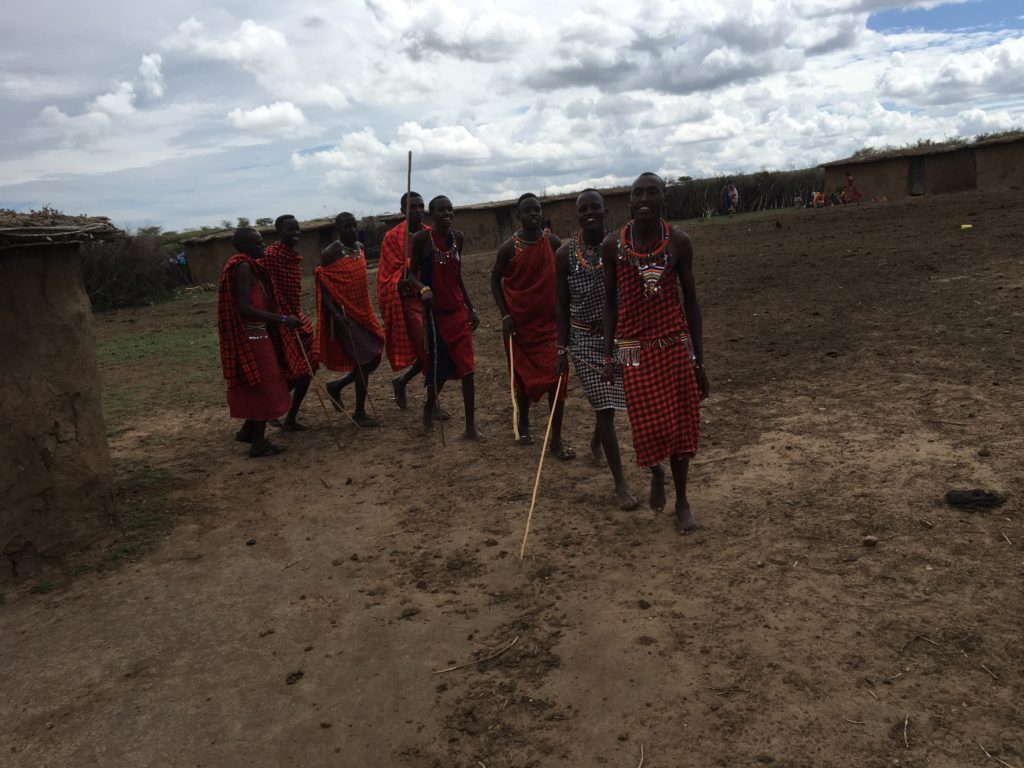
Conclusion
Enjoy yourself! Life is short and you only get one shot at it. Crush your bucket-list, see amazing things, have your mind blown in the process, and return home with incredible stories.
If you have any additional questions about international travel then please let me know in the comments. Good fortune on your travels!
